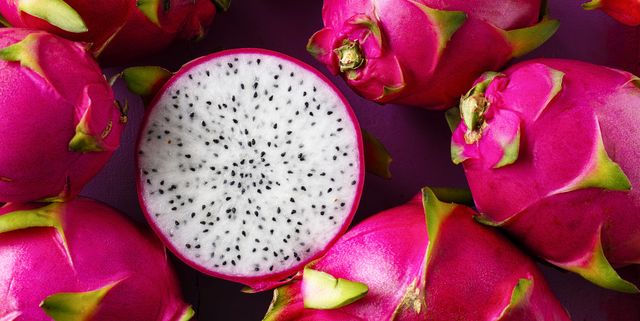Prunes are a tasty and nutritious treat that have been enjoyed for a very long time. They’re packed with good stuff like vitamins and fiber, so they’re a super addition to what you eat. But you might be curious about whether prunes are acidic or alkaline, and if they’re okay for people with stomach troubles like acid reflux.
In this article, we’re going to dive into everything about prunes, especially their pH (which is a way of saying how acidic or alkaline something is) and how they can affect your body. Plus, we’ll go through the awesome things prunes can do for you and give you tips on how to eat them in the best way for your health.
What’s in a Prune? Nutritional Breakdown
Prunes are like little nutrient bombs with lots of good things your body needs. Check out what’s in prunes for every 100 grams:
- Calories: 240
- Protein: 2.2 grams
- Fat: 0.4 grams
- Carbs (Carbohydrates): 63.9 grams
- Fiber: 7.1 grams
- Sugars: 38.1 grams
- Calcium: 43 milligrams
- Iron: 0.9 milligrams
- Magnesium: 41 milligrams
- Phosphorus: 69 milligrams
- Potassium: 732 milligrams
- Vitamin A: 38 micrograms









